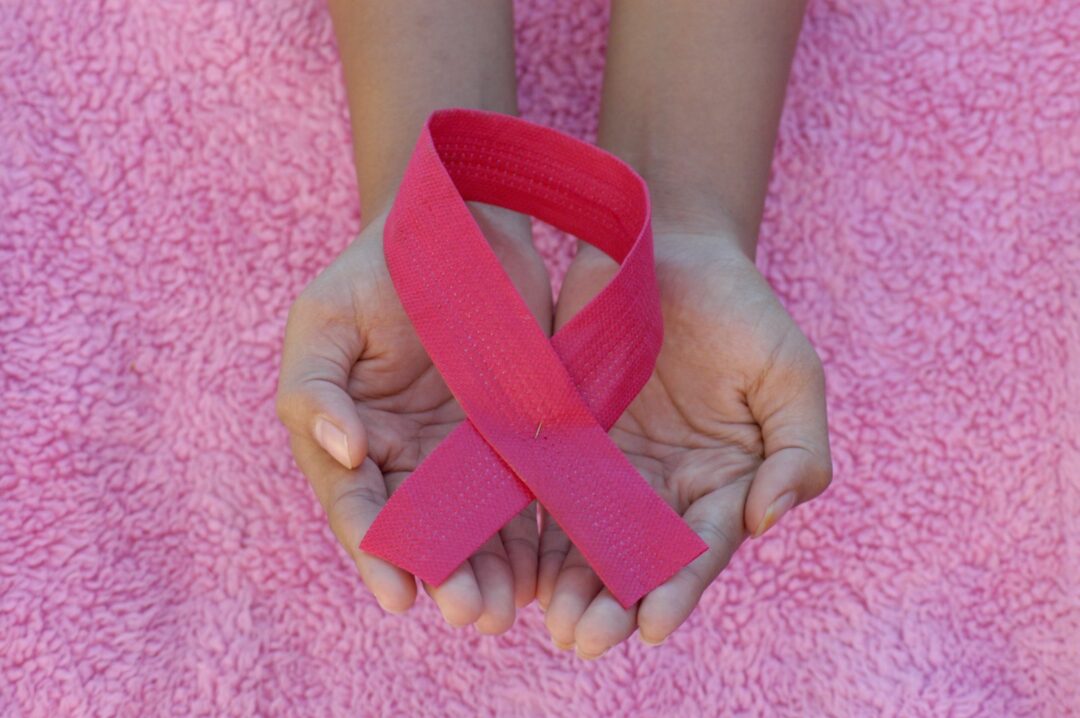Over 2 million people are diagnosed every year in the US and Canada with breast, lung, colorectal, prostate, and skin being the most common. One plant has emerged as a powerful tool in treatment, offering relief, improving quality of life, and potentially enhancing outcomes for patients undergoing treatment. Here are all the ways medical marijuana helps fight cancer. And as science continues to investigate its benefits, evidence increasingly supports marijuana’s a bigger role in cancer care.
RELATED: New Data About Cancer And Cannabis
Easing Chemotherapy Side Effects
One of the most well-known uses of medical marijuana in oncology is to reduce chemotherapy-induced nausea and vomiting (CINV). These side effects can be severe, often discouraging patients from continuing life-saving treatments. Compounds in cannabis, especially THC (tetrahydrocannabinol), have shown significant antiemetic properties. A landmark study published in the British Journal of Pharmacology found that cannabinoids were more effective than some traditional anti-nausea medications for certain patients
Pain Relief and Symptom Management
Cancer often brings with it chronic pain due to tumor pressure, nerve damage, or treatment side effects. Medical marijuana, especially cannabinoids like THC (tetrahydrocannabinol) and CBD (cannabidiol), has shown efficacy in reducing pain. Unlike opioids, cannabis carries a lower risk of dependency and fewer severe side effects. A comprehensive review published in the Journal of Pain and Symptom Management found that cannabis-based medicines were effective in managing cancer-related pain and neuropathy.
Photo by simpson33/Getty Images
Combatting Nausea and Vomiting
One of the earliest FDA-approved uses for THC was in the drug dronabinol, used to combat chemotherapy-induced nausea and vomiting (CINV). These symptoms are not just unpleasant but can also interfere with nutrition and treatment adherence. Cannabinoids interact with the brain’s endocannabinoid system to reduce nausea and increase appetite. Clinical trials, such as those summarized in a National Cancer Institute review, have shown cannabinoids to be at least as effective—and sometimes more effective—than traditional antiemetic drugs.
Appetite Stimulation and Weight Maintenance
Cancer patients often suffer from cachexia—a wasting syndrome characterized by weight loss and muscle atrophy. THC has been found to stimulate appetite, helping patients maintain body weight and strength. This can improve treatment tolerance and overall outcomes. Studies have demonstrated THC’s ability to increase caloric intake in cancer patients, improving nutritional status and energy levels.
Anxiety and Sleep Support
Cannabis is also known for its calming effects. Many cancer patients experience anxiety, depression, and insomnia as a result of their diagnosis and treatment. CBD, in particular, has anxiolytic (anxiety-reducing) and sedative properties that may support mental health. A 2019 study in The Permanente Journal found that CBD significantly improved sleep and reduced anxiety in a majority of patients.
RELATED: Cannabis Can Help PTSD
Addressing PTSD
Cancer isn’t just a physical battle—it’s a psychological one. Many patients experience trauma, anxiety, and depression, sometimes leading to PTSD. Cannabis, particularly CBD, has shown promise in reducing anxiety and improving sleep, making it beneficial for those coping with trauma. A 2020 study published in Journal of Alternative and Complementary Medicine found that cannabis use was associated with a significant reduction in PTSD symptoms in cancer patients.
Potential Anti-Tumor Effects
Perhaps most intriguing is early research suggesting cannabinoids may slow or stop the growth of certain cancer cells. In preclinical models, cannabinoids have been shown to induce apoptosis (programmed cell death) and inhibit angiogenesis (blood vessel formation in tumors). A 2014 study published in Molecular Cancer Therapeutics found that THC reduced tumor growth in breast cancer models. While this area of study is still in its infancy, it offers hope for future therapies.
The Fresh Toast – It is a devastating diagnosis, but here are all the ways medical marijuana can help fight cancer. Read More


